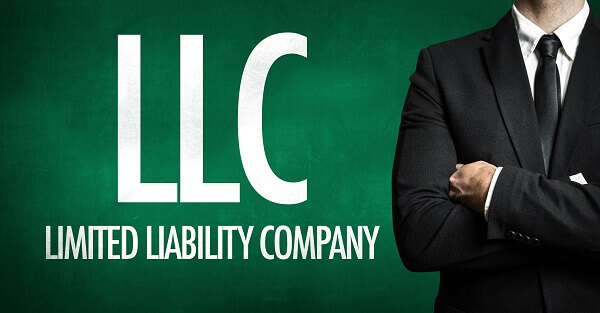It’s a nightmare scenario that becomes all too real for many shareholders in closely-held corporations. Your company goes bankrupt owing hundreds of thousands of dollars in unpaid wages, the employees demand back pay, and a court holds you personally liable for the entire amount. Here is some of what you need to know to prevent that nightmare from coming true.
Limited Liability Entities
California law provides for a wide variety of possible business entities to choose from. The most common limited liability entities are the corporation and the Limited Liability Company (LLC). Under the theory of limited liability, your liability is limited to the amount you chose to invest into the company in the first place and your personal assets outside of this investment are not at risk, even if the company goes bankrupt owing large sums of money. There are exceptions, however.
The Alter Ego Doctrine
Under the “alter ego” doctrine, a company shareholder is supposed to treat the company as a separate entity – almost as if it were a separate person. If, instead, the shareholder treats the company as his own private piggy bank, a court might consider the company to be his “alter ego” and hold the shareholder personally liable for company debts. This risk is particularly acute in California employment disputes, because California law is notoriously employee-friendly.
Factors
There is no bright-line rule that will tell you under exactly what circumstances a court will hold you personally liable for unpaid wages in the event of company dissolution. Although courts look at such claims on a case by case basis, they will balance the following factors (among many others) to reach a conclusion:
Whether personal and company funds were co-mingled;
Whether company funds were used to pay personal expenses;
Whether the shareholder exercised dominion over company assets;
In a corporation, whether the shareholder failed to observe corporate formalities such as obtaining a board resolution before issuing new shares;
Insufficient capitalization to meet reasonably anticipated company liabilities; and
Failure to file company tax returns.
All of these factors need not be present for personal liability to be assessed.
Joint and Several Liability
When a California court finds that a limited liability entity is the alter ego of the shareholders and that personal liability should be imposed, it may find each of the shareholders jointly and severally liable for corporate debts. Facing joint and several liability is not an enviable position to be in.
Suppose, for example, that 10 shareholders each own 10 percent of company shares. A court could allow aggrieved employees to sue any one of these 10 shareholders for 100 percent of their claim. It would then be up to that shareholder to seek proportionate contribution from the other shareholders. However, this might not be possible if, for example, the other nine shareholders are insolvent or bankrupt.
Take Decisive Action Today
The potential personal liability of a shareholder in a closely held company is much greater than most people realize, especially in employee-friendly California. At CKB Vienna LLP, our first concern is to help you prevent a claim being lodged against you in the first place. Should a claim arise, however, we are more than ready to fight for you and win – whether at the negotiating table or in court.
Telephone us at 909-980-1040, or contact us online to schedule a consultation with us. We serve clients from Rancho Cucamonga as well as elsewhere in California.

